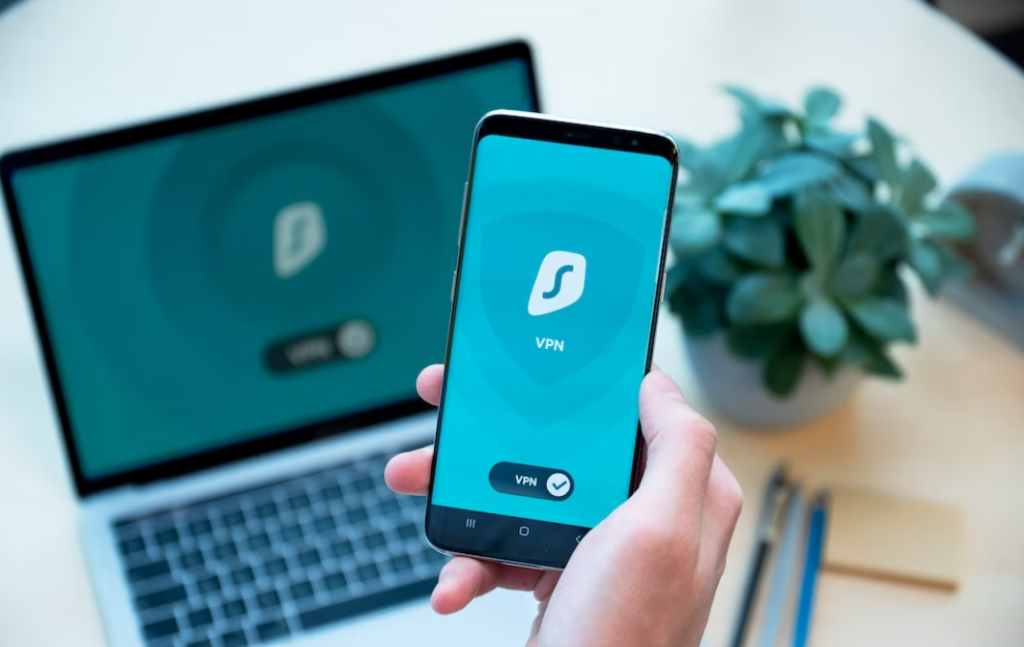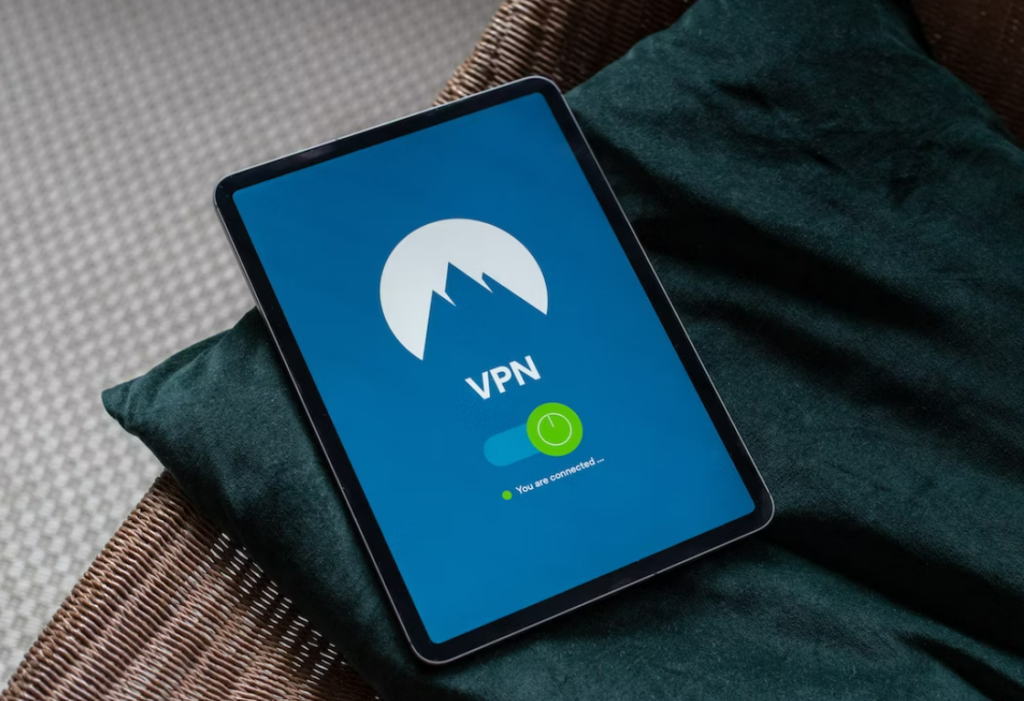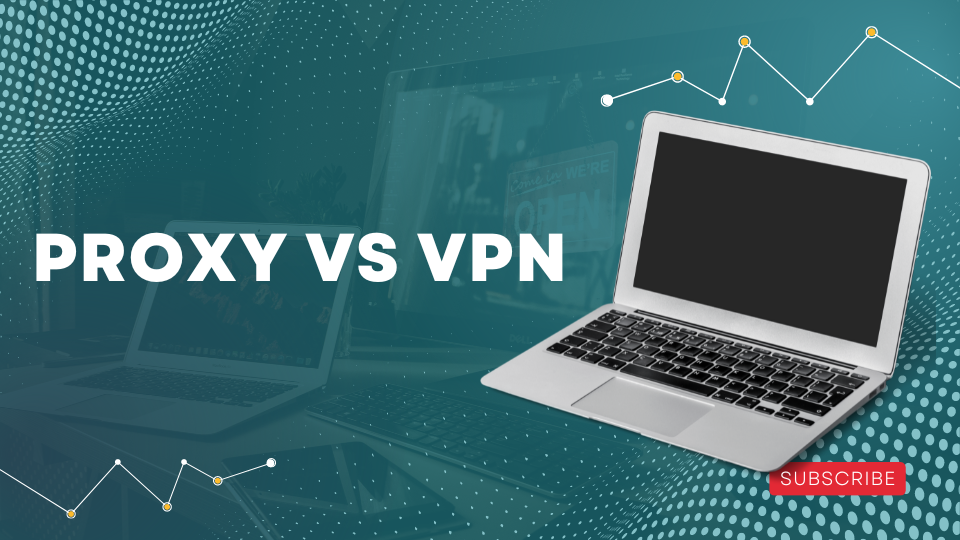In this age of computers and mobile phones online privacy and security have become paramount concerns, and the use of proxy and VPN services has seen a significant rise. Both technologies offer solutions to safeguarding one's internet activities, but they do so in different ways. In this comprehensive guide, we will dive into the difference between proxy and VPN services, shedding light on their functionalities, benefits, and use cases.
Post Contents
What is a Proxy Service?
A proxy such as CroxyProxy VPN service acts as an intermediary between your device and the internet. When you connect to the internet through a proxy server, it requests information from websites on your behalf. The proxy server then relays the data back to your device, keeping your original IP address hidden. Essentially, the website you visit interacts with the proxy server, unaware of your actual location and identity.
Advantages of Proxy Services
- Improved Anonymity: By concealing your IP address, proxy services offer a level of anonymity, making it challenging for websites to track your online activities.
- Faster Speeds: Since proxies primarily handle web page requests, they often provide faster browsing speeds compared to VPNs, which encrypt and reroute all data.
- Easy to Use: Setting up and using a proxy service is generally straightforward and requires minimal configuration.
Limitations of Proxy Services
- Limited Security: Proxies only mask your IP address, but they do not encrypt your data, leaving it vulnerable to potential cyber threats.
- Selective Application: Proxy services are usually effective for accessing region-restricted content or bypassing simple content filters, but they might not be suitable for all online activities.

What is a VPN Service?
VPN, short for Virtual Private Network, creates a secure encrypted connection between your device and the internet. When you connect to a VPN server, all of your internet traffic is routed through this encrypted tunnel, ensuring that your data remains private and secure from prying eyes.
Advantages of VPN Services
- Enhanced Security: VPNs offer a high level of security by encrypting all data transmitted through the network, protecting it from hackers and potential surveillance.
- True Anonymity: Unlike proxies, VPNs not only hide your IP address but also cloak your internet activities from your internet service provider (ISP) and other third parties.
- Versatility: A VPN can be used for various purposes, such as secure remote access to a corporate network, accessing geo-restricted content, and securing public Wi-Fi connections.
Limitations of VPN Services
- Reduced Speeds: Due to the encryption and rerouting process, VPNs may result in slightly slower browsing speeds compared to direct connections.
- Setup Complexity: Setting up a VPN might require more technical know-how, and some VPN providers may require the installation of additional software.
When to Use a Proxy Service?
Proxies are an excellent choice for specific use cases where anonymity and faster speeds are essential. Here are some scenarios where a proxy service might be the preferred option:
- Bypassing Geo-Restrictions: Proxies like CroxyProxy Youtube can help access region-blocked content, such as streaming services or websites that are limited to certain countries.
- Web Scraping: For web scraping tasks, proxies can be utilized to extract data from websites without revealing the IP address of the scraper.
- Faster Downloads: When you require fast download speeds for large files, proxies might be more efficient as they are less resource-intensive compared to VPNs.
Diagram - Proxy vs. VPN
Choosing the Right Service for Your Needs
Now that we have comprehensively explored the differences between proxy and VPN services, it's time to determine which one is the best fit for your specific requirements. Let's get familiar with some common scenarios and decide which service aligns better with each situation.

Scenario 1: Streaming Geo-Restricted Content
If you're an avid fan of international content, such as movies or TV shows restricted to specific regions, both proxy and VPN services can help you access this content. However, for a more reliable and seamless experience, a VPN is generally the preferred choice. VPNs offer stronger encryption, ensuring your streaming activities remain private and undetected by streaming platforms.
Scenario 2: Enhancing Online Security
When it comes to safeguarding your online presence, a VPN takes the lead due to its robust security features. If you frequently connect to public Wi-Fi networks or engage in sensitive online transactions, a VPN will create a secure tunnel to protect your data from potential hackers or cybercriminals.
Scenario 3: Faster Downloads and Web Scraping
If your focus is on faster download speeds or web scraping tasks, a proxy service may be more suitable. Proxies can provide quicker access to files and websites as they don't encrypt all data like VPNs. However, be mindful that proxies might not offer the same level of security as VPNs.
Scenario 4: Anonymous Browsing
For basic anonymity and bypassing simple content filters, a proxy service can suffice. It masks your IP address, allowing you to browse the web without revealing your true location. However, if you require a more comprehensive solution to protect your online activities from ISPs and third-party entities, a VPN is the way to go.
Maximizing Security and Anonymity: Combining Proxy and VPN
In some cases, you might require an additional layer of protection and anonymity. In such situations, you can employ both a proxy and VPN service together, a practice known as "proxy chaining" or "VPN over proxy." This approach involves first connecting to a proxy server, followed by connecting to a VPN server. The result is enhanced security and double-layered encryption, which can be beneficial in high-risk scenarios.
However, keep in mind that this combination may also lead to reduced internet speeds due to the extra steps involved in rerouting data through both the proxy and VPN servers.

Key Factors to Consider When Choosing a Service Provider
Now that we have established the distinctions between proxy and VPN services and their respective use cases, let's explore the essential factors to consider when selecting a service provider. Making the right choice in this regard will significantly impact your overall experience with the chosen technology.
Server Locations
When opting for a proxy or VPN service, the availability and distribution of server locations play a crucial role. If you require access to content restricted to specific regions, ensure that your chosen provider has servers in those locations. For VPNs, a broader server network will provide more options for secure connections.
Security Protocols
Security is of paramount importance when dealing with online services. Look for providers that offer robust security protocols, such as OpenVPN or IKEv2 for VPNs. Proxies that support HTTPS connections are preferable as they offer better encryption and protection for your data.
Privacy Policy
Review the privacy policy of the service provider carefully. Ensure they have a clear and transparent policy regarding the collection and handling of user data. Opt for providers with a strict no-logs policy, which means they do not store any records of your online activities.
Speed and Performance
For optimal user experience, it's vital to consider the speed and performance offered by the service. While proxies generally provide faster speeds, some VPNs are designed to minimize the impact on internet performance. Look for providers that offer unlimited bandwidth and low latency.
Customer Support
In the world of technology, occasional hiccups are inevitable. Therefore, reliable customer support is essential. Check for providers that offer 24/7 customer support through various channels, such as live chat, email, or phone.
Compatibility
Ensure that the service you choose is compatible with your devices and operating systems. Most reputable providers offer support for major platforms like Windows, macOS, iOS, and Android.

Best Practices for Proxy and VPN Usage
To make the most of your chosen service and to ensure a seamless and secure online experience, consider implementing the following best practices:
- Regularly Update Software: Keep your proxy or VPN software updated to benefit from the latest security patches and improvements.
- Use Strong Passwords: Create strong, unique passwords for your accounts with the service provider to prevent unauthorized access.
- Avoid Public Wi-Fi for Sensitive Tasks: When using a public Wi-Fi network, refrain from accessing sensitive information without the protection of a VPN.
- Connect to Nearest Servers: When using a VPN, connect to servers closest to your physical location for better speeds.
- Disconnect When Not in Use: Disconnect from the proxy or VPN when not required to avoid unnecessary data usage and potential slowdowns.
- Educate Yourself: Stay informed about online security practices and potential threats to better protect yourself.
Conclusion
Understanding the distinctions between proxy and VPN services, and the factors to consider when choosing a provider empowers you to take control of your online security and privacy. By making an informed decision and implementing best practices, you can ensure a safe, private, and efficient online journey, free from restrictions and vulnerabilities. Remember, the right service and a vigilant approach go a long way in enhancing your overall digital experience.
